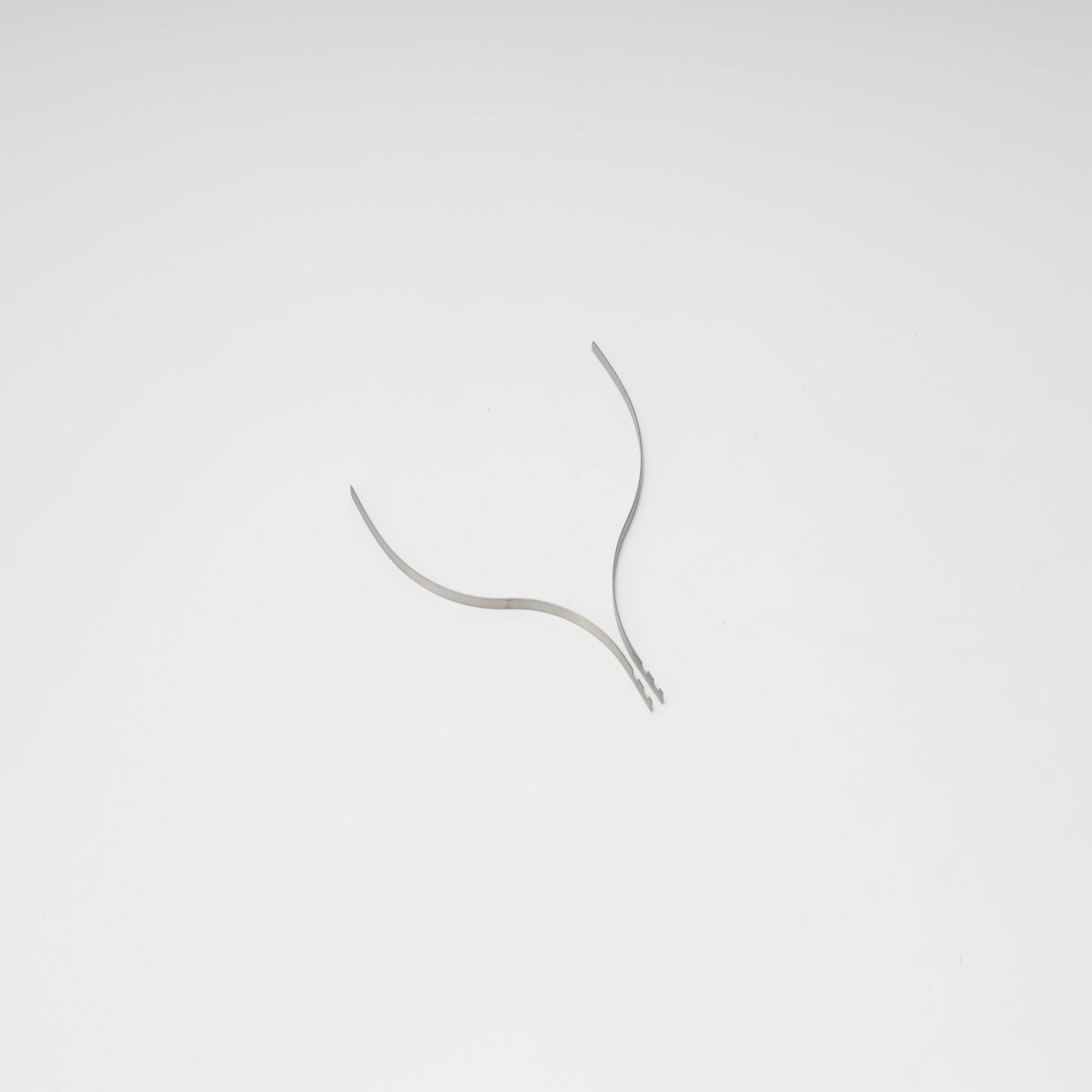Description
Percutaneous Heart Valve Repair with Shape Memory Alloy Stent
Precision Engineering for Minimally Invasive Cardiac Care
This shape memory Nitinol stent offers a new standard in heart valve implantation. Engineered for percutaneous delivery, this advanced device enables safe and efficient treatment of valve disorders such as aortic and mitral regurgitation. Cardiologists choose it for its minimally invasive design, which avoids the risks of open-heart surgery and shortens hospital stays.
Superelastic Nitinol for Dynamic Cardiac Environments
Made from superelastic Nitinol, an alloy of nickel and titanium, this stent leverages both flexibility and strength. The material resists permanent deformation and handles repeated stress without fracture—essential for withstanding millions of heartbeats. Grades like SE508 are chosen for their purity and biocompatibility, meeting the highest industry standards. The superelasticity allows the stent to flex, twist, and return to its original shape, making it ideal for the dynamic environment of the heart.
Smart Deployment with Shape Memory Technology
This stent uses shape memory technology, activating at body temperature. During surgery, the device is cooled and becomes slender for catheter-based insertion. Once inside the body, it expands to its preset shape, locking securely into place. This smart response ensures precise placement and stability, reducing the chance of complications and promoting long-term performance.
Adaptable Diameters for Personalized Treatment
Available in diameters ranging from 15mm to 35mm, the stent accommodates diverse patient anatomies—from pediatric to adult cases. Surgeons can choose standard or customized sizes to match specific clinical needs. Thin-walled designs maintain structural integrity while allowing easy navigation through narrow vessels. In pediatric use, the stent’s expansion capability supports natural growth, minimizing follow-up procedures.
Wide-Ranging Applications in Structural Heart Therapy
Designed for heart valve repair and replacement, this stent supports both biological and mechanical valves. It’s widely used in transcatheter aortic valve replacement (TAVR) and mitral valve therapies. The stent also addresses congenital heart defects, helping infants born with valve anomalies. Its structural support preserves damaged valves and may delay full replacements, promoting better long-term outcomes.
Biocompatibility, Durability, and Sustainability
Nitinol is biocompatible, corrosion-resistant, and promotes tissue integration. It causes minimal inflammation, while controlled nickel release stays within safe limits. The stent performs reliably over decades without degradation. Additionally, the material is recyclable, supporting eco-conscious medical manufacturing. Comprehensive testing is conducted on every batch to guarantee consistent quality and biocompatibility.
Proven Results and a Healthier Future
Global adoption of this shape memory Nitinol stent continues to grow. Clinics report high compatibility and reduced complication rates. Patients experience faster recoveries, longer-lasting outcomes, and renewed quality of life. Beyond its function, this stent reflects the power of innovation and the brilliance of human design.
▸ Expert Guidance: 24/7 support via nitinolwire.com
▸ Facebook account:Facebook



Reviews
There are no reviews yet.